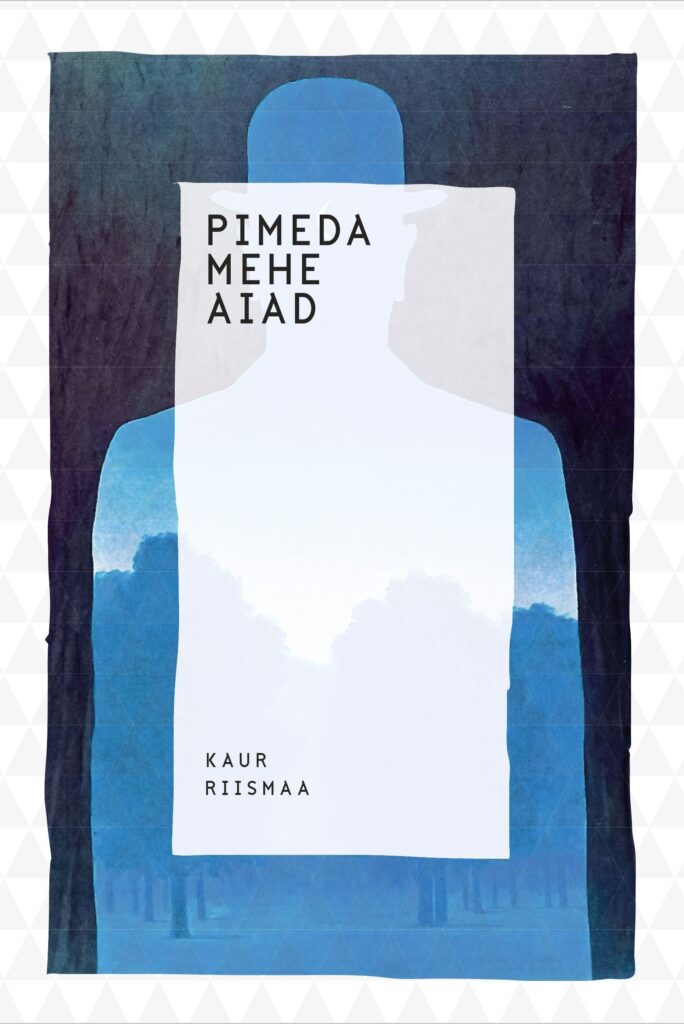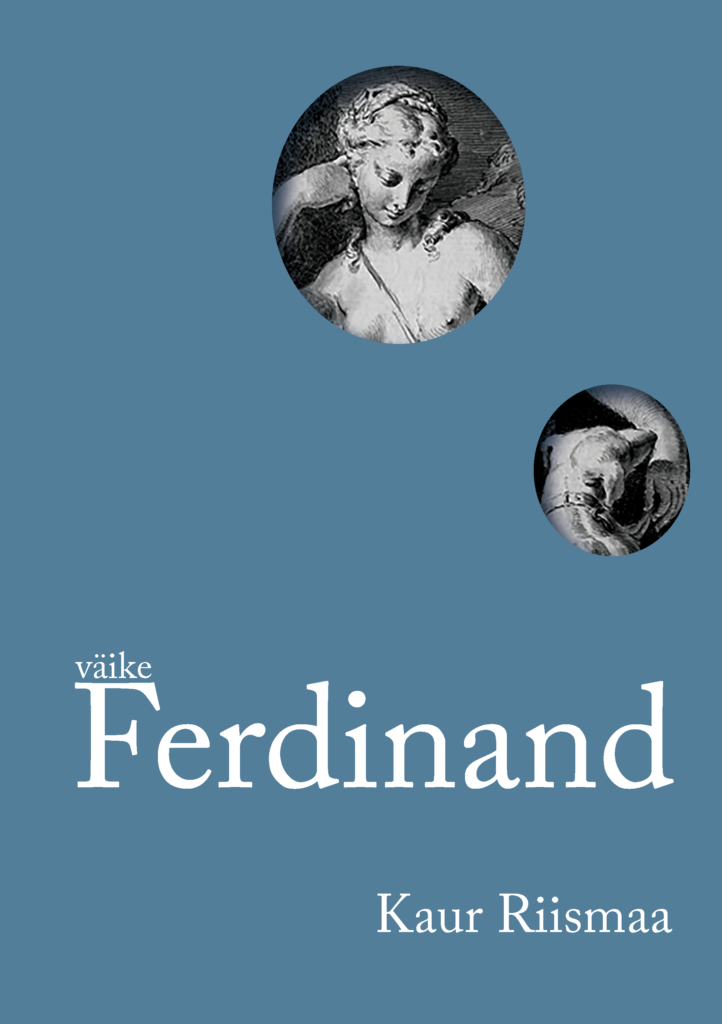
THE HOLY MOUNTAIN and THE BLIND MAN’S GARDENS
Kaur Riismaa (b 1986) debuted as a poet with the 2011 collection Me hommikud, me päevad, õhtud, ööd (Our Mornings, Our Days, Evenings, Nights), which critics almost unanimously declared a very mature work. In 2015 Riismaa suddenly showed himself to be very mature in his prose debut. Last year, two highly different but equally strong works appeared from his desk in quick succession: The Holy Mountain, both melancholic and amusing work, which evokes thoughts and emotions, tears and laughter, and The Blind Man’s Gardens, a philosophic look at one man’s life in an entirely unique style.
The Holy Mountain resembles Riismaa’s poetry debut in some respects, telling stories of imaginary characters at length and at a leisurely pace, weaving into them both history and modern life. Even the manner of treatment is similar. Riismaa’s poetry has always verged on prose, with its storytelling quality, while The Holy Mountain resonates with the poetic. Although Riismaa’s short novel blurs the line between prose and poetry, the work does not come off as a poet making his first unsteady steps in the world of prose and trying to prove himself as a prosaist. On the contrary, the writing is completely natural. The reader finds a logically assembled novel with intriguing plot developments about an odd friendship, which includes a lovetriangle component and a few “coming-ofage” elements. There is also a philosophical undertone to The Holy Mountain, which emerges through its original spatial poetics. Considering that the first-person narrator relates the story while talking to his house plants, one can say that the author’s sense of (self-) irony has reached a certain peak.
The Blind Man’s Gardens (which was published at the same time, but according to the author was written later) is an entirely different kind of work. In the book, Riismaa shows he is not interested in mere sarcasm and that he truly has decided to remain a player in the world of prose. One sign of this is the recognition the work received: first prize in the Tänapäev Novel Competition.
The Blind Man’s Gardens is not revolutionary, nor is it a break-through in Riismaa’s own development or contemporary literature in general: as in the author’s poetry and in The Holy Mountain, we encounter life-stories here. Riismaa is able to tell such tales in varying ways. In The Blind Man’s Gardens, the author endows different characters with playful ease, adopts various positions and roles, and speaks in different voices. He seems at ease speaking from the main character’s point of view when the man is 30, then loading a little more life experience by delivering a 45-year-old’s monologue, only to ultimately speak convincingly as a 60-year-old. And what’s more, the author also brings in a female narration. The Blind Man’s Gardens is consummate writing, and at the same time a light, reader-friendly work.
By Peeter Helme
Kaur Riismaa, Pühamägi (The Holy Mountain)
Tallinn, Verb, 2015. 109 pp
ISBN: 9789949947393
Kaur Riismaa, Pimeda mehe aiad (The Blind Man’s Gardens)
Tallinn, Tänapäev, 2015. 222 pp
ISBN: 9789949277391
http://elm.estinst.ee/book-reviews/the-holy-mountain-and-the-blind-mans-gardens-by-kaur-riismaa/

LITTLE FERDINAND
The title page of Kaur Riismaa’s Little Ferdinand includes a promise: “The characters of this novel have been actual living souls. One may check, though they will hardly get very far,” and the work itself begins as such: “‘Who? Mr. Immanuel Kant? No, no—inconsequential. A natural scientist with an interest in metaphysics.’ Heisenberg smirked and dismissed the comment with a wave.”
Also spoken on the very first page are these words: “Mr. Weninger, please understand—I cannot afford such an error as a young natural scientist who closes his office door behind him and busies himself in inference. A metaphysician must drape his spirit across the whole world; a metaphysician cannot limit himself to sitting in Köningsberg. Your natural scientist can ascertain the nature of the entire world from the peace of his own chambers, naturally.”
No doubt this type of opening sparks expectations of something hyper-intellectual to come. Riismaa does launch immediately with Kant and metaphysics, but at the same time, the usual understanding of the fundamental differences between a natural scientist and a metaphysician is turned on its head. Dense philosophical and historical literature, one might think – but this is not the case. It soon becomes clear that Little Ferdinand is something entirely different. The author takes a dreamlike leap into the 20th century, switching a thoroughly noble classical style for Mikhail Shishkin/Nikolai Baturin-like associationism. It’s possible I may have already spoiled some part the book by giving these two examples, but one common thread throughout the work is the constant disappointment of reader expectations as an artistic device. If disappointment sounds too sinister, then one could say that there are surprises in store till the very end. The only thing one may count on is that Riismaa’s style is elegant and eloquent. The novel is brimming with toponyms and fine details, giving the impression that the author immersed himself in a lost world. That being said, Little Ferdinand is also quite demanding of the reader.One could also claim it does not put forth any great idea, much less a particular moral or ideological approach. Long after you finish reading and close the book, you still feel as if you’ve just emerged from a strange and enchanting dream.
It’s been said that Oscar Wilde’s The Picture of Dorian Gray – one of my favorite books as a young man – is a failed masterpiece. I believe this can be said of Kaur Riismaa’s Little Ferdinand as well.
By Mihkel Kunnus
Kaur Riismaa, Väike Ferdinand (Little Ferdinand)
Tallinn, Vihmakass ja kakerdaja 2019. 320 pp
ISBN: 9789949997763
http://elm.estinst.ee/book-reviews/kaur-riismaalittle-ferdinand/